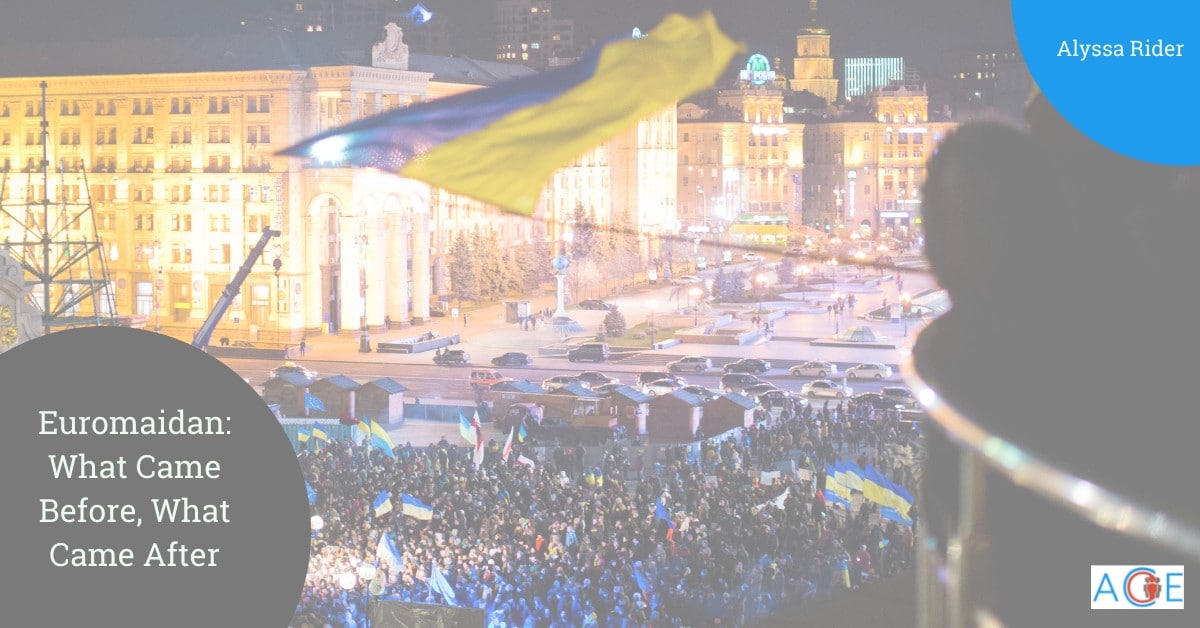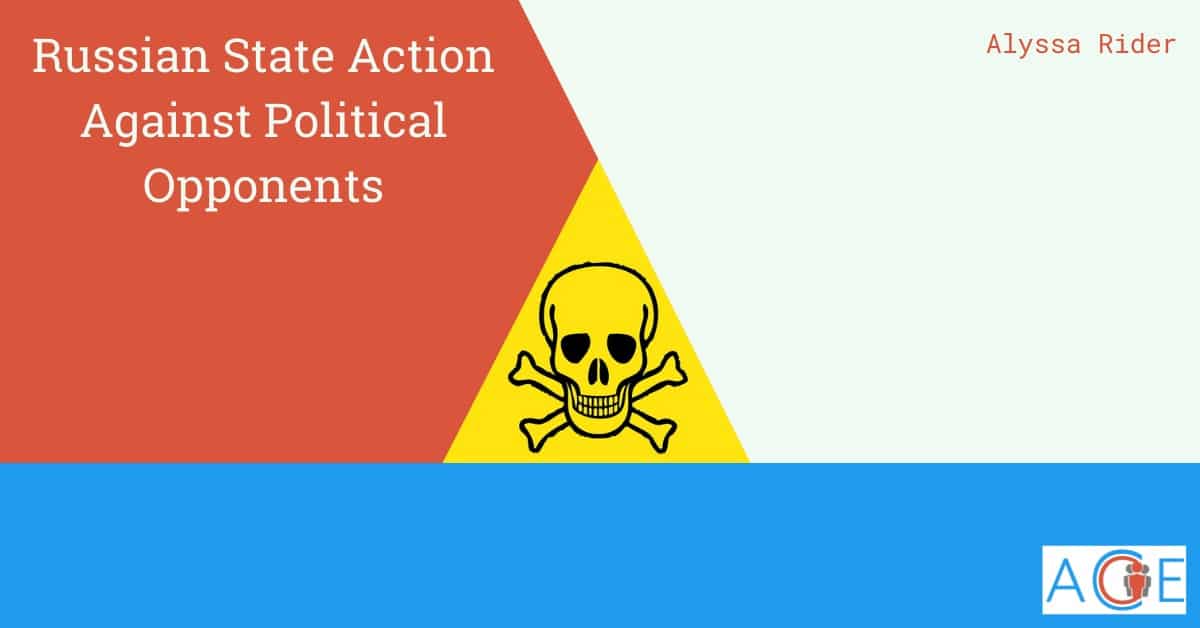There have been several opponents and critics of the Russian state whose deaths are believed to be connected to the Russian state. Russia tends to deny responsibility for actions against their political opponents, despite there often being a large amount of evidence linking them to the events. Their refusal to acknowledge responsibility makes it difficult to make a definitive statement as to what happened, and gives the Russian state plausible deniability on the world stage. It also allows for a lack of remorse – if no one can say for sure that they did something, then why should they apologize for it? The following examples are significant because they speak to the Russian Federation’s commitment to a leadership strategy which is entirely at odds with the United States and the rules-based international order. Dissidents and whistleblowers vanish and the government acts with impunity. The Russian Federation is not the only state to implement this strategy, but brazenly abducting political opponents, combined with Russia’s attacks on democracy in other countries, indicate the type of world and systems Russia aims to create.
Here are a few significant examples of presumed Russian state action against political opponents:
Anna Politkovskaya
Anna Politkovskaya was a journalist who made much of her career reporting on Chechnya and was critical of the Putin regime. A 1980 graduate of the Moscow State University journalism school, Politkovskaya worked for several papers before she began to write for Novaya Gazeta in 1999—a newspaper known for its investigative reporting and criticism of the post-Soviet regime.
While writing for Novaya Gazeta, Politkovskaya conducted a series of trips into the warzone in Chechnya, and her reporting on the conflict angered the authorities, leading to her detention and expulsion from the region in 2001. Despite her arrest and the threats to her life, Politkovskaya continued to write on both Chechnya and the Putin regime, publishing articles in Novaya Gazeta, as well as multiple books, and receiving many awards for her work.
In September 2004, she believed herself to have been poisoned while on a flight to help with a hostage negotiation in North Ossetia. On October 7, 2006, she was found dead in the elevator of her apartment block in Moscow, having been shot repeatedly at point-blank range. There was widespread international outrage following her murder.
Multiple arrests have been made in the years since her death, but her former colleagues at Novaya Gazeta believe her case is not solved and the culprits have not been brought to justice. (Here is the original Russian article and video.)
Alexander Litvinenko
Alexander Litvinenko was a former FSB (successor agency to the KGB, approximately comparable to the American FBI) officer who was critical of the Putin regime. Originally an officer in the MVD (Internal Troops of the Ministry of Internal Affairs) beginning in 1980, Litvinenko was later recruited to join the KGB, and then became a part of the FSB.
In late 1998, Boris Berezovsky (an oligarch and another suspected victim of Russian state action) accused several senior FSB officers of ordering his assassination. Litvinenko, along with four other officers, held a press conference in support of this claim a few days later. He was the only one to show his face. Following the press conference, he was dismissed from the FSB.
In October 2000, Litvinenko fled to London, disregarding orders not to travel, in order to seek asylum, which he received on humanitarian grounds. He was convicted in absentia while in Britain on charges of corruption and sentenced to 3 ½ years in jail, but instead spent his time writing and cooperating with non-Russian security services (allegations he made included an accusation that Putin ordered the assassination of Politkovskaya).
On November 1, 2006, Litvinenko fell suddenly ill after meeting with two former KGB agents. On November 3, he was admitted to a hospital, and his illness was later attributed to polonium-210 poisoning. He died on November 23.
In a statement released posthumously the next day, he accused Putin of being behind his poisoning. His widow also accused Moscow of orchestrating the poisoning, although she did not believe Putin was directly behind the order. A British investigation into his death, released in 2016, found that Putin had ‘probably approved’ the poisoning, and that the Russian state was involved, contrasting the Russian media belief that the murder was linked to Berezovsky, the oligarch.
Sergei Skripal
Sergei Skripal was a part of the GRU (Russian military intelligence agency) and a double agent for British intelligence in the 1990s and 2000s. He first served in the Soviet Airborne Troops before becoming a GRU military intelligence officer in the early 1990s.
While traveling for work in Spain in 1995, Skripal was recruited by British intelligence as a double agent. At this time he began to pass information to the British government, including, allegedly, the identities of over three hundred Russian agents. He was arrested in December 2004, convicted, and sentenced to thirteen years in a high-security facility.
In July 2010, Skripal was released as part of a spy swap. He moved to the UK, from where he continued to provide assistance and information to various Western intelligence agencies.
On March 4, 2018, Skripal and his daughter Yulia were found on a park bench slipping in and out of consciousness. It was found that they had been poisoned by a Novichok nerve agent. Both Skripals survived the poisoning, though they were in critical condition for a significant amount of time.
It has been reported that they are now in New Zealand under new identities, although this rumor is unconfirmed. When asked about the situation, Putin states that Skripal’s situation has been blown out of proportion, and that less attention should be focused on a traitor.
Others
These are not the only people believed to have been targeted by the Russian state. The most recent, widely publicized case is that of Alexei Navalny, who was poisoned in August 2020 – his case will be discussed in a separate brief. If you are interested in reading more, there are a few lists of other suspicious deaths and poisonings that many attribute to the Russian state.


